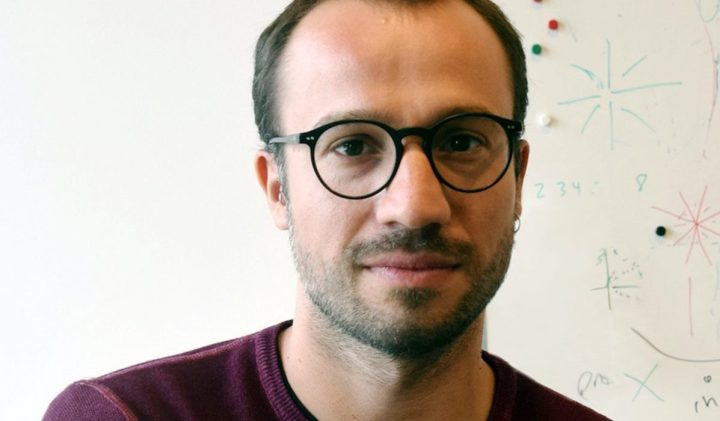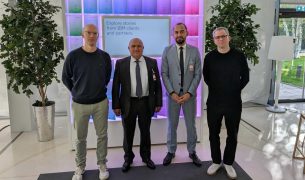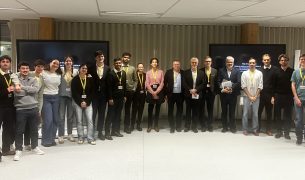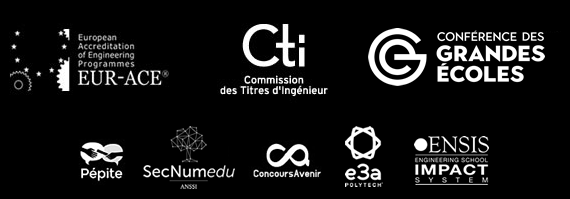Baptiste Caramiaux, a professor and CNRS researcher at the Institute of Intelligent Systems and Robotics (ISIR), Sorbonne University, Paris, is reshaping and revolutionising the landscape of machine learning (ML). He is redefining ML’s role from a mere analytical tool to an active participant in the design process. In his presentation at the Institute for Future Technologies Talk, Baptiste underscored the significance of integrating users into the ML pipeline and their crucial role as teachers of learning systems.
Focusing on bridging Human-Computer Interaction (HCI) and machine learning (ML), Professor Caramiaux advocates for a paradigm shift in which users become integral to the ML pipeline, thus demystifying the algorithmic black box.
Involving the public, artists, and domain experts in interactive and collaborative ML applications
By leveraging ML’s interpretive capabilities, he demonstrates how ML enables the creation of intricate interaction scenarios and accommodates uncertainty within potential outcomes.
Through interdisciplinary research, Baptiste Caramiaux actively involves the public, artists, and domain experts in interactive and collaborative ML applications. His work extends to ML-assisted human learning, Human trust, and examining AI practices and politics in creative and cultural domains.
A commitment characterises Baptiste Caramiaux’s professional journey and a steadfast dedication to fostering collaborative and participatory AI development approaches. His skills span expertise in machine learning models, particularly generative AI such as GPT and diffusion models, alongside a nuanced understanding of HCI principles.
Proficient in articulating complex technical concepts to diverse audiences, Baptiste Caramiaux navigates ethical considerations in AI development and champions inclusivity and creative freedom, ensuring AI’s responsible and ethical use.
Baptiste Caramiaux’s achievements
With a PhD in Human-Computer Interaction and a Master’s Degree in Computer Science, Baptiste Caramiaux’s achievements include presenting research findings at international conferences, contributing to the academic discourse on the societal impact of AI, and publishing papers in leading journals. His resume highlights a track record of engagement with interdisciplinary topics, positioning him as a forward-thinking professional.
Baptiste Caramiaux’s vision transcends traditional boundaries, envisioning a future where human-centric approaches drive AI innovation. Through his advocacy for ethical AI development and exploration of alternative research directions, such as federated learning and decentralised approaches, Caramiaux pioneers a path towards inclusive, transparent, and ethically grounded AI systems.
Baptiste Caramiaux’s work exemplifies a holistic approach to AI development, where creativity, ethics, and human-centred design converge to shape a more equitable and empowering technological landscape.

























